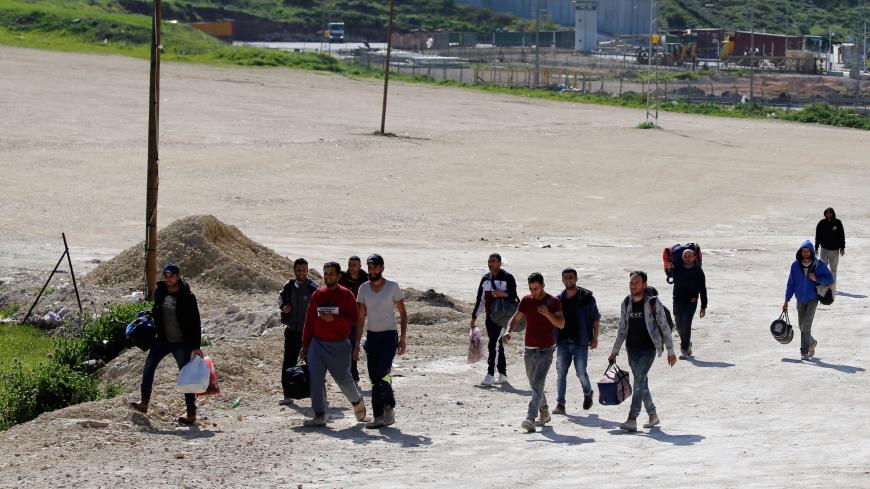On March 31, at 6:30 a.m., a car approached a temporary Palestinian checkpoint. The checkpoint was manned by members of the Palestinian Ministry of Transportation and located on the Palestinian side of the Israeli-built wall around the West Bank. Its aim was to regulate the movement of people into the Qalandia and Kufr Aqab areas during the COVID-19 outbreak.
According to Qalandia Media Center, authorities asked the Palestinian driver if he had a permit to be driving during a state of emergency in areas under Palestinian control. Exceptions have been made for medical staff and other essential service providers, but the driver had no such permit. He was not allowed into the town of Kufr Aqab. The angry driver gathered relatives and friends and returned to the checkpoint. For three hours, the group fired shots into the air in protest.



